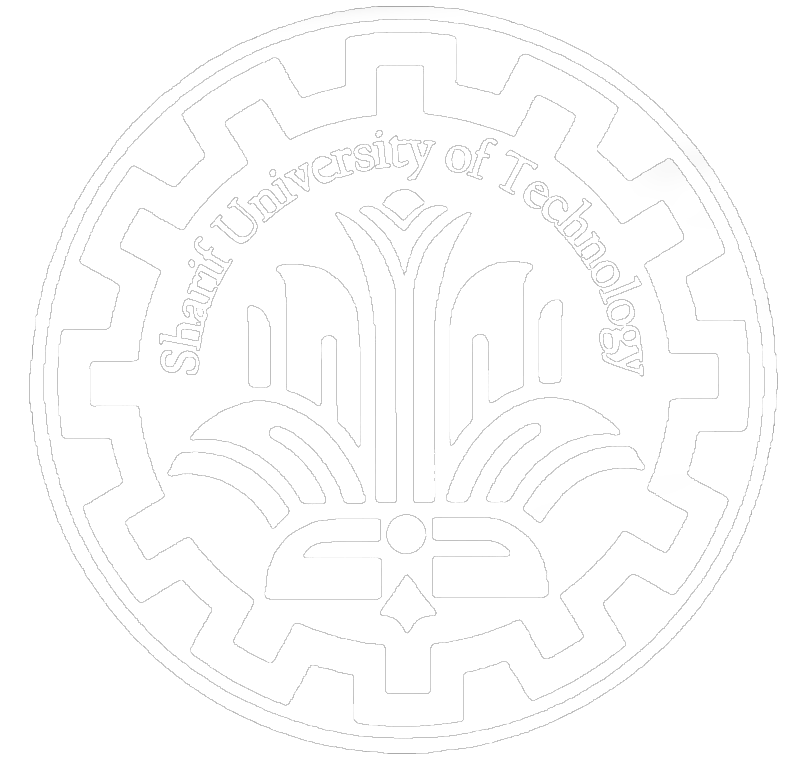Center for Nanoscience & Nanotechnology

In 2005, the Institute for Nanoscience and Nanotechnology began operations with the goal of teaching and expanding interdisciplinary activities related to knowledge of nanomaterials, their construction, structures, and tools in nanometer research area, in collaboration with the Sharif University of Technology professors’ experts in science and engineering. The license for the PhD program in nanoscience and nanotechnology was granted in 2005, and the first student admission occurred in September of that year. Following numerous achievements, such as creating a center of excellence, working on related projects, mentoring doctoral and postdoctoral students, joining the nation's network of strategic laboratories, presenting at national and international conferences, and receiving national and international honors; in accordance with the needs of the country and the general trend of scientific growth, the revision program began in 2018. The plan to construct a comprehensive research institution for convergence science and technology considers Sharif University of Technology's focus on them and the Institute for Nanoscience and Nanotechnology's successful outcomes as a model. According to the revised strategy, the process of establishing the Center for Nanoscience and Nanotechnology was resumed, this time with increased collaboration with other centers of ICST.
The center's objectives are as follows:
- Developing technological competence in order to apply nanotechnology to improve the quality of industrial products.
- Execution of real-world research initiatives in order to build a solid framework for commercializing research outputs.
- Global efforts to increase understanding in modern science and nanotechnology through education and research.
- Creating an environment that supports expert collaboration among organizations studying related topics.
- Educating individuals on how to use nanotechnology for economic and social growth in the country.
- Collaborating with other centers of the Institute for Convergence Science and Technology.
- Scientific collaboration with regional, national, and international organizations.

Currently, education and research are being conducted by around 50 faculty members from the university's Center for Nanoscience and Nanotechnology, other scientific and engineering departments, and other universities of technology and medical sciences.
